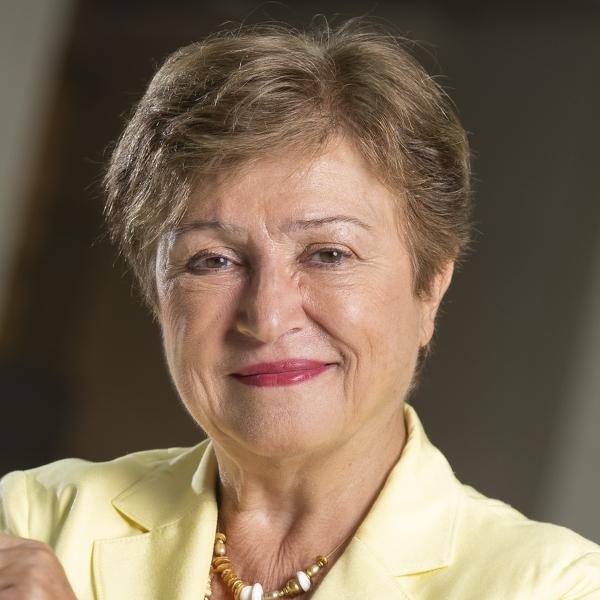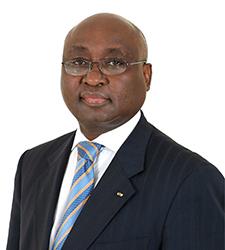Roundtable on State Fragility and Development

Roundtable on State Fragility and Development
A lively and, at times, heated discussion centered around what is arguably the greatest challenge facing development today – state fragility. Previously considered to be a phenomenon of low-income countries, fragility now afflicts middle- and even high-income countries, such as those in the Middle East. Moderated by author and journalist Gayle Tzemach Lemmon, the roundtable discussion featured three major global actors on state fragility: the Commission on State Fragility, Growth and Development, represented by Donald Kaberuka and Sir Paul Collier; the IMF’s Tao Zhang; and the WBG’s Kristalina Georgieva.
“Be there, stay there” was a key takeaway from the panel, which highlighted Rwanda as a success story to learn from but acknowledged the global development community’s many failed efforts to lift states out of fragility. So which strategies will work? Everyone agreed they don’t revolve solely around money. Rather, they should focus on local people, economic growth, and job creation. Locals must have ownership of the rebuilding effort and the national government should take the lead on implementation. Kristalina highlighted three abiding priorities for the WBG: alleviating human suffering; giving structure and a framework for governments so they can lead the way; and providing funding. Donald Kaberuka stressed the need for technical soundness, political feasibility, and the capacity to deliver on the ground. Several panelists agreed that the local private sector in these places is crucial to restarting growth. However, donors often fail to provide political risk coverage or public sector funding so that businesses can create jobs and investment opportunities.

![[Backup] WBLive_landscape_All-colors - 1](https://s7d1.scene7.com/is/image/wbcollab/trending-World-Bank-Live-landscape?qlt=75&resMode=sharp2)




